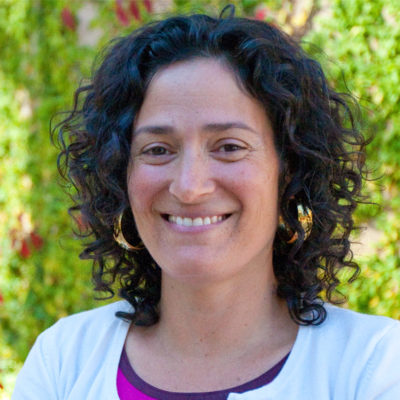Stanford Program Gives Ex-Cons Boost In Starting Businesses
Summary
The Stanford Criminal Justice Center’s Project ReMADE is featured in this San Francisco Chronicle story for its efforts in providing entrepreneurship opportunities for people who have been formerly incarcerated.
Ted Stanton lives in a 120-square-foot subsidized room in the Tenderloin, which he has converted into an incubator for his candy startup, Good Karma Karamels.
There’s barely room to sleep among his kitchen equipment, where the 63-year-old Vietnam veteran beta-tests new chocolates and dreams of reinventing himself from a guy who just served a decade in prison to an entrepreneur in a city where anything is possible.
…
In May, Stanton graduated with five other formerly incarcerated adults from Project ReMADE, a 12-week program created by Stanford law students that aims to turn ex-convicts into entrepreneurs. The program matches former prisoners with Silicon Valley venture capitalists and business executives, and with students from Stanford’s law and graduate business schools, who mentor the ex-inmates to become small-business owners.
“Stanford brings social capital to people who don’t have … the networks that you and I and everyone else leans on and takes for granted,” said Debbie Mukamal, executive director of the Stanford Criminal Justice Center, who oversees Project ReMADE. “We’re here to open doors for them.”
…
Project ReMADE is starting to draw attention on campus, Salomon said. This year, the program received $3,600 in grant money from the Stanford Public Interest Law Foundation, a student-administered fund that steers alum donations and auction proceeds to student-run public interest projects. Half the grant paid for graduation, and the rest was divvied among ReMADE students for start-up expenses.
Vanderbilt Law School is looking to replicate the program, Mukamal said. Columbia Law School and UCLA have also expressed interest.
Read More
